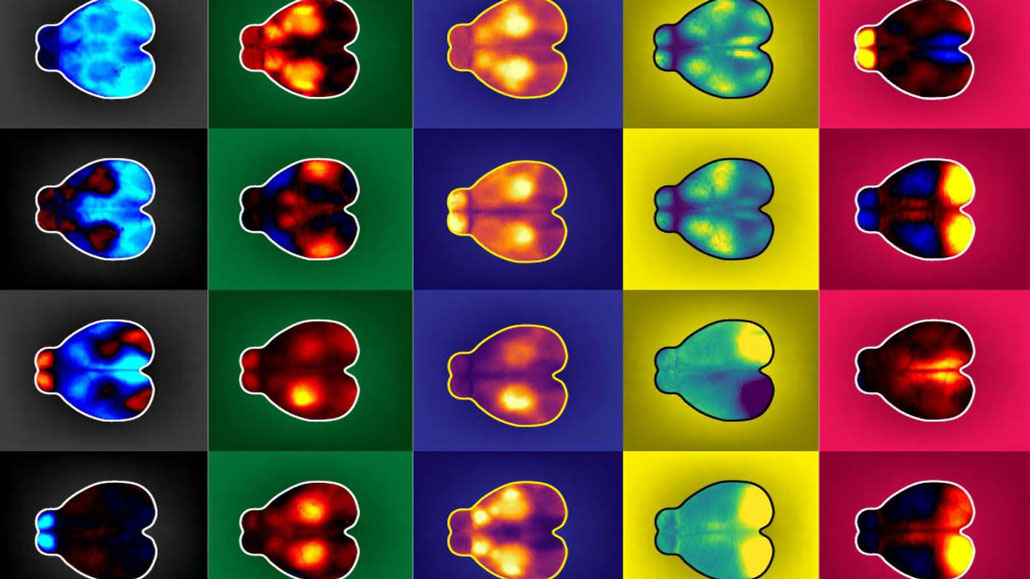Mice fidget. Those motions have big effects on their brains
Extra movements may shape thinking, a study hints

In the brains of mice trained to do a job, nerve cell activity (shown) is more tightly linked to irrelevant body movements than to the job itself, researchers found.
A. Churchland